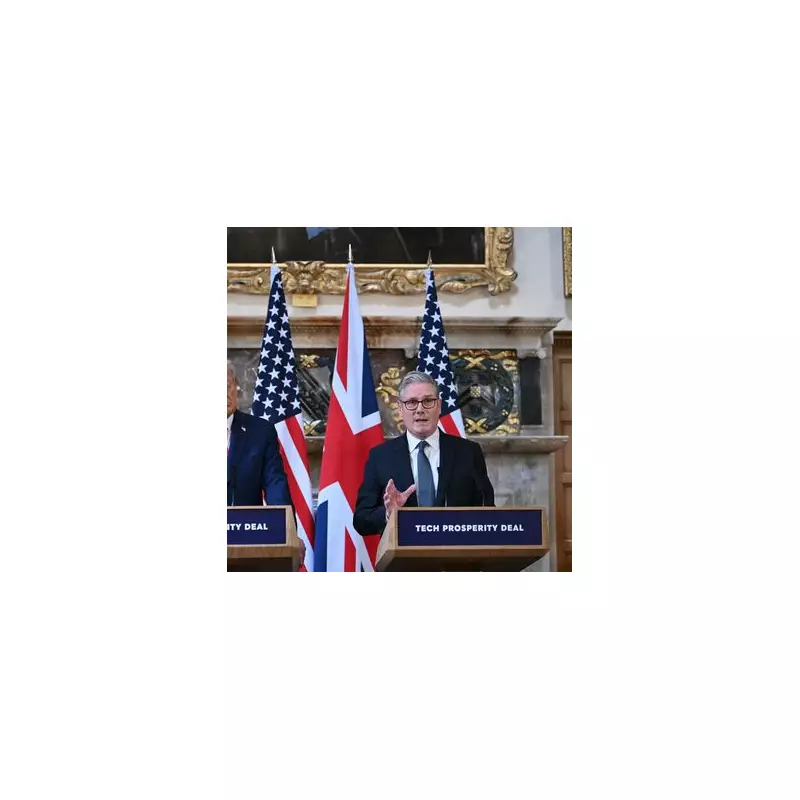
In a remark that has sent shockwaves through the international community, former President Donald Trump has openly suggested that Russian leader Vladimir Putin would be a preferable global leader to the current occupant of the White House.
The controversial statement was made during a town hall event hosted by GB News, where Trump was questioned about his previous praise for authoritarian figures. His response has been labelled as 'unhinged' and deeply dangerous by critics on both sides of the Atlantic.
Westminster Reacts with Fury and Disbelief
The reaction from British political figures was swift and severe. Labour's Shadow Defence Secretary, John Healey, condemned the comments as a direct threat to global security, stating they would 'chill the blood of all who believe in Western democracy'.
This sentiment was echoed by Liberal Democrat Defence Spokesperson Richard Foord, who called the remarks 'disgraceful' and a stark reminder of the threat a second Trump term would pose to NATO and UK security.
A Pattern of Pro-Putin Rhetoric
This incident is not an isolated one. Trump's history of refusing to criticise Putin, including his now-infamous siding with the Russian president over US intelligence agencies regarding election interference, has long been a point of contention.
His latest assertion that Putin would be 'better for the world' than President Biden comes at a critical juncture, just over two years into Russia's brutal full-scale invasion of Ukraine—a conflict where Western unity has been paramount.
Implications for the Special Relationship and NATO
Defence and security experts are sounding the alarm. These comments, they argue, undermine the very foundation of the NATO alliance and pose a direct challenge to the UK's national security interests.
The prospect of a potential return to the Oval Office for a leader who openly admires autocrats has sparked serious concerns about the future of transatlantic cooperation and the West's collective defence strategy.






